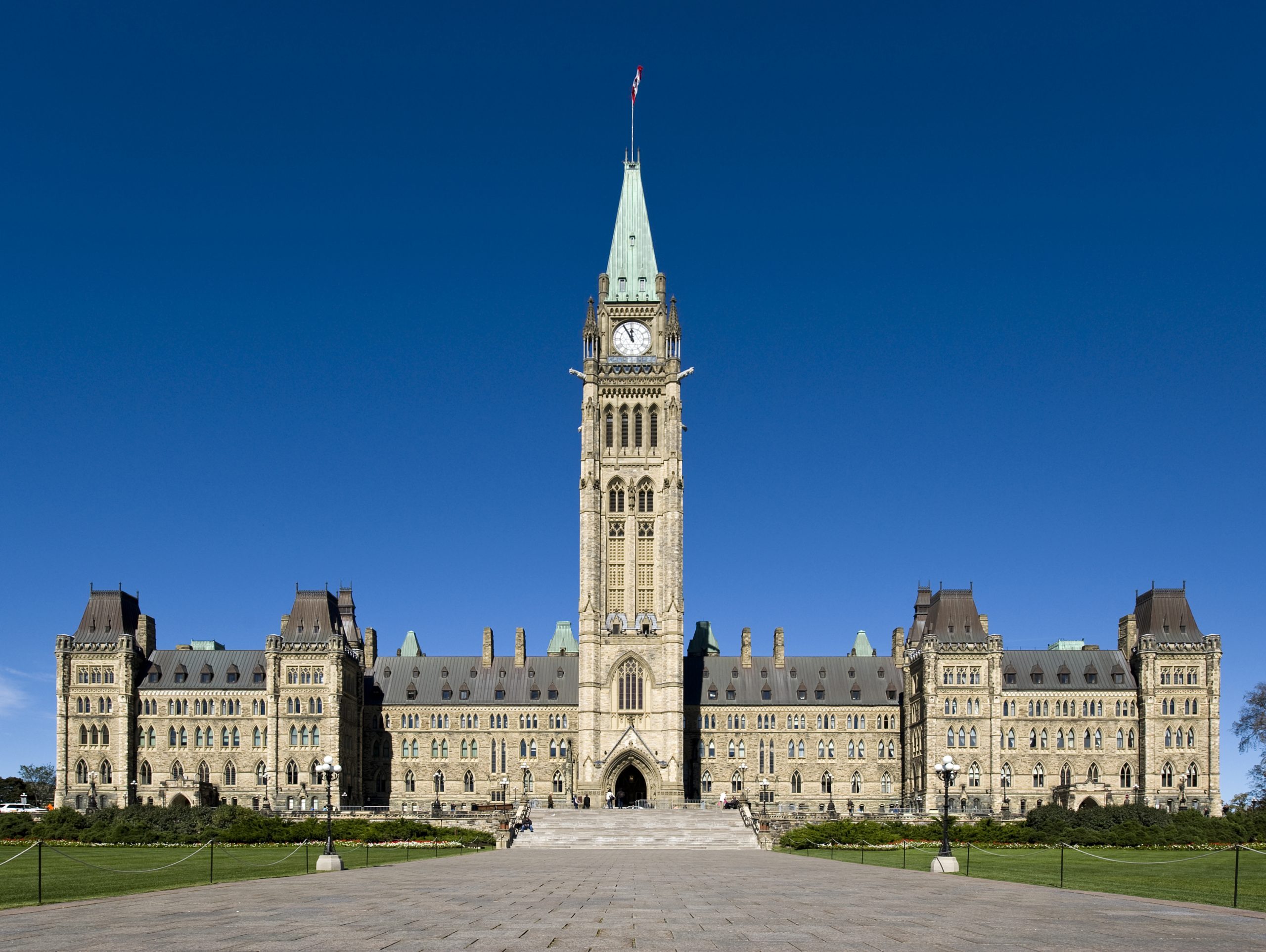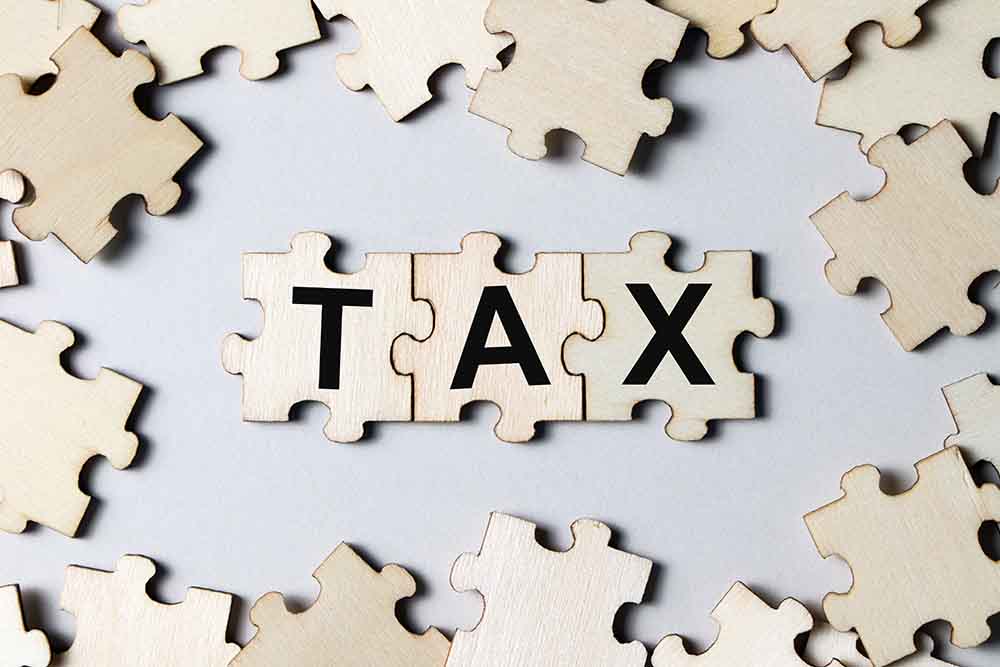Those who love taxes will unhappily discover theirs are heading down this year. A British Columbian who earns $45,000 will pay $133 less compared to 2005. Add in the late 2005 please-vote-for-me changes added by Finance Minister Ralph Goodale, and a British Columbian at that income level will pay 323 fewer dollars in 2006 than would have been the case absent Goodale’s November changes, and other minor provincial and federal tax adjustments.
While the tax cut equivalent of a pizza every two weeks is not dramatic, it beats the 1990s when provincial and federal levies on income mostly headed up.
Most people might think such a change is positive, I’d bet my mortgage there are yet some who think any tax relief is A: Akin to hollowing out civilization, and B: American.
Too bad that the first claim is actually an American one and ripped out of context and second, Canada’s early history is actually one where we looked down our noses at the comparatively high-taxed Americans.
On the “taxes are the price we pay for civilization,” argument, that line came from an American in 1904. U.S. Supreme Court Justice Oliver Wendell Holmes used the quip in Compania de Tabacos v. Collector in 1904. The case concerned a tobacco company headquartered in Spain which objected to shelling out taxes paid on property insurance premiums. (It lost.)
Ever since, a sensible riposte to a claim for an exemption has become the mantra of those who equate ever-higher taxes with social order.
The problem with that, as with any cliche, is that while true at a moderate level, the common sense assertion becomes nonsensical when taken too far. In 1900, taxes as a percentage of Canada’s economy amounted to 9.5 percent; in 1910 they were 11.4 per cent. According to a 2004 figure (the latest available from the Organization for Economic Co-operation and Development) total revenues to Canadian governments now equal 41.7 per cent of gross domestic product.
Maybe some think the money used to fatten Quebec advertising agencies is a sign of civilization, but I dissent.
Anyway, our political parties and finance ministers once took a very different view of government levies.
Back in 1878, Liberal finance minister Sir Richard Cartwright used words to describe taxation in a manner that befit a classic British liberal: “All taxation is a loss per se. It is the sacred duty of the government to take only from the people what is necessary to the proper discharge of the public service; and that taxation in any other mode is, simply in one shape or another, legalized robbery.”
One tax historian (Irwin Gillespie) notes that early Dominion governments wanted to keep Canadian taxes lower than the U.S. to avoid losing immigrants and business to the Americans.
Another federal finance minister, Conservative George Foster, remarked in 1893 that “I would like to see the man who could be elected in any constituency on a policy of direct taxation.”
Foster’s reference was to the proposal for a federal income tax, something that showed up first in the United States during the civil war, and after an absence and a court fight over its constitutionality, reappeared in 1913. That was four years before Canada imposed income tax at the federal level to help fight the First World War, a sensible example of how taxes did indeed help civilization.
But up until 1917, our federal government was reluctant to impose a tax on income, in part because some province already did, including B.C., which was the first province to start off that parade in 1876.
But federal income tax was not the only one pioneered by Americans: Provincial legislation on the estate (death) tax was copied from New York and Pennsylvania acts.
Property taxes, abandoned by our colonial mother centuries before, appeared in the United States and then were copied here. Quebec’s corporate tax (in 1882) was also modelled on an American precedent. Same with gas taxes; when the first levy appeared in Canada (in Alberta in 1922) 19 American states already taxed fuel.
For those who like the prospect of lower levies on income, goods, or entrepreneurs, you’re in good historical Canadian company; feel free to enjoy the 2006 breaks and do so as a patriotic Canadian.
For those who love taxes so much, feel free to write an extra cheque out to the provincial or federal treasuries this year as it lowers the burden for the rest of us. And while you’re at it, maybe salute the Stars and Stripes.
Pioneering new and higher taxes is historically, a Yankee obsession, not a Canadian one.
Mark Milke is author of the forthcoming A Nation of Serfs?


